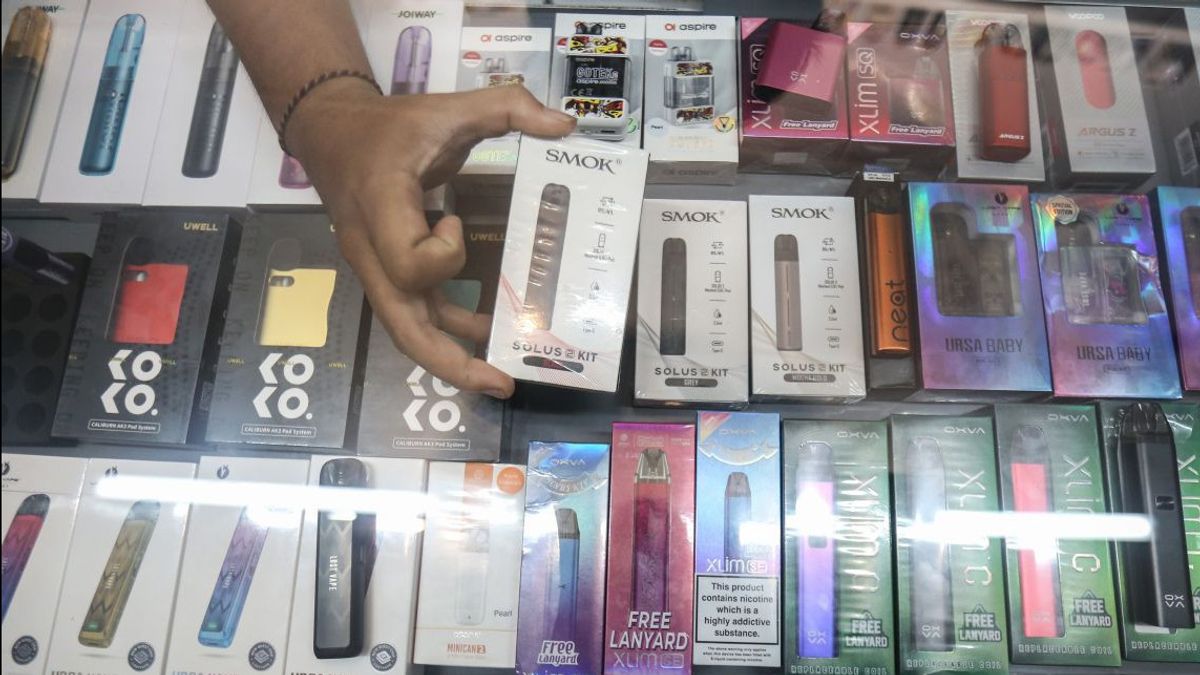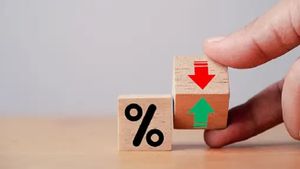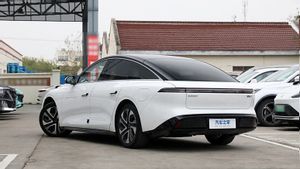JAKARTA - The Ministry of Finance has established a policy of implementing Cigarette Tax on Electric Cigarettes (REL) starting January 1, 2024.
This policy is contained in the Minister of Finance Regulation (PMK) Number 143/PMK/2023 concerning Procedures for Voting, Cutting and Depositing Cigarette Taxes, in accordance with the mandate of Law Number 1 of 2022 concerning Financial Relations between the Central Government and Regional Governments (UU HKPD).
Quoting Antara, the Head of the Communication and Information Services Bureau of the Ministry of Finance, Deni Surjantoro, explained that the purpose of issuing the PMK is an effort to control cigarette consumption by the public.
The implementation of the Electric Cigarette Tax is a form of the central government's commitment to providing a transition period for collecting cigarette taxes on e-cigarettes since the imposition of excise in mid-2018.
Electric cigarettes are one of the excisable goods as mandated in Law Number 7 of 2021 concerning Harmonization of Tax Regulations which regulates that excise duty is imposed on excisable goods, one of which is tobacco products, which include cigarettes, cigars, leaf cigarettes, slice tobacco, e-cigarettes and other tobacco processing products (HPTL).
The imposition of cigarette excise on e-cigarettes will also have consequences on the imposition of cigarette taxes which are levies on cigarette excise (piggyback taxes).
However, at the time of the imposition of excise on e-cigarettes in 2018, the Cigarette Tax had not yet been imposed. This is an effort to provide sufficient transition period for the implementation of the concept of piggyback taxes which has been implemented since 2014 which is the mandate of Law Number 28 of 2009.
In principle, the imposition of the Electric Cigarette Tax prioritizes the aspect of justice, considering that conventional cigarettes in their operations involve tobacco farmers and factory workers, who have been subject to cigarette taxes since 2014, in addition to state revenues.
In the long term, the use of e-cigarettes is indicated to affect the health and ingredients contained in e-cigarettes, including in consumer goods that need to be controlled.
SEE ALSO:
The revenue of cigarette excise in 2023 is IDR 1.75 trillion or 1 percent of the total acceptance of Tobacco Products Excise (CHT) in a year.
This policy of imposing the Electric Cigarette Tax is also a joint contribution between the government and stakeholders, especially electric cigarette businesses, which are expected to be optimally beneficial to the community.
At least 50 percent of this Cigarette Tax revenue is regulated for use (earmarked) for public health services (jamkesnas) and law enforcement which ultimately supports better public services in the regions.
The English, Chinese, Japanese, Arabic, and French versions are automatically generated by the AI. So there may still be inaccuracies in translating, please always see Indonesian as our main language. (system supported by DigitalSiber.id)
















